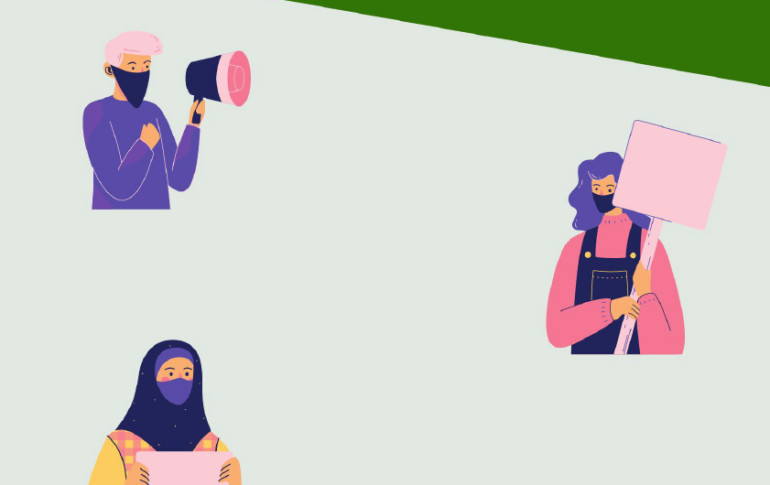
This research report seeks to draw out the analytical category of "hated speech" to define an affective dimension of communication, as also the communicative dimension of hate. It does this by focusing on those at the receiving end of hate, for the act of speaking up against injustices and speaking truth to power. In other words, this project looks at experiences and observations of what it means to speak truth to power and receive hate as it is manifested through varying degrees of violence, across a variety of instances.
Drawing on the responses of 15 interviewees, this qualitative research report presents three sections in understanding "hated speech": (a) forestalling speech, (b) speech in polarised and reactionary contexts, and (c) speaking for oneself in one’s voice. The report ends by enunciating hope, offering a reflection on possibilities and pathways for solidarity building and reflexive collective action.
This research was developed as part of the grants made available under the project "Challenging hate narratives and violations of freedom of religion and expression online in Asia", implemented by the Association for Progressive Communications (APC) with funds from the European Instrument for Democracy and Human Rights (EIDHR).